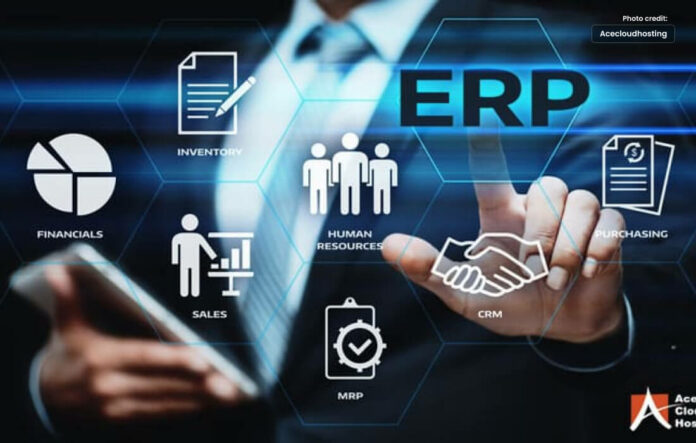Unlock ERP transformative capabilities potential for business success.
Introduction
In today’s fast-paced business landscape, staying competitive requires more than just a great product or service. Efficient management of resources, streamlined processes, and real-time data insights are crucial. This is where ERP (Enterprise Resource Planning) systems come into play. In this blog, we’ll dive into the world of ERP, understanding what it is, how it works, and the myriad ways it empowers businesses to reach new heights of efficiency and productivity.
Understanding ERP: A Holistic Business Solution
What is ERP and How Does it Work?
At its core, ERP is a comprehensive software solution designed to integrate and streamline various business processes, from finance and HR to inventory and customer relationship management. By providing a unified platform, ERPs enable seamless flow of information across different departments, ensuring data consistency, accuracy, and accessibility.
ERPs work by centralizing data and automating routine tasks. This centralization eliminates data silos, where information is trapped in isolated systems, hindering efficient decision-making. Through modules tailored to specific business functions, ERPs facilitate real-time collaboration, allowing departments to work harmoniously towards common goals.
The Benefits of ERP Implementation
Implementing an ERP system offers a multitude of benefits for businesses:
- Improved Efficiency: ERPs automate repetitive tasks, reducing manual errors and saving time. This efficiency boost allows employees to focus on strategic tasks, driving innovation and growth.
- Enhanced Productivity: With streamlined processes and easy access to data, employees can make informed decisions quickly, leading to increased productivity across the organization.
- Data Accuracy: Centralized data means consistency and accuracy. Businesses can rely on up-to-date, precise information for better forecasting, planning, and decision-making.
- Cost Savings: By eliminating inefficiencies and optimizing processes, ERPs reduce operational costs. Additionally, preventing costly errors and improving inventory management contribute to significant savings.
- Customer Satisfaction: Access to real-time customer data enables personalized services, improving customer satisfaction and loyalty. Satisfied customers often translate into repeat business and positive referrals.
ERP for Businesses of All Sizes
Contrary to popular belief, ERP systems are not exclusive to large enterprises. Modern ERPs come in scalable versions, making them accessible and beneficial for businesses of all sizes. Small and medium-sized businesses (SMBs) can leverage ERP solutions tailored to their specific needs, enabling them to compete with larger counterparts on a level playing field.
Conclusion
In a digital age where data is king, businesses must harness the power of technology to thrive. This systems stand as a beacon of efficiency, enabling businesses to optimize operations, enhance productivity, and foster growth. By embracing ERP solutions, businesses can embark on a journey toward streamlined processes, empowered employees, and satisfied customers, ultimately securing a prosperous future in the ever-evolving global marketplace.




